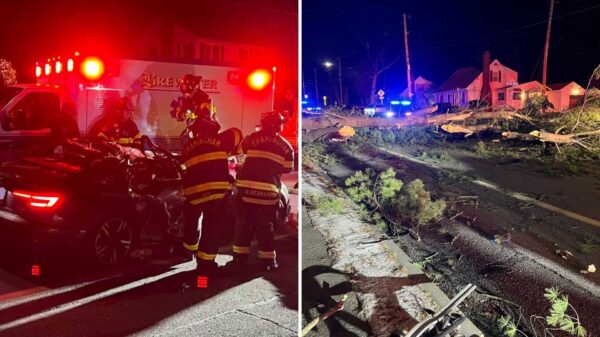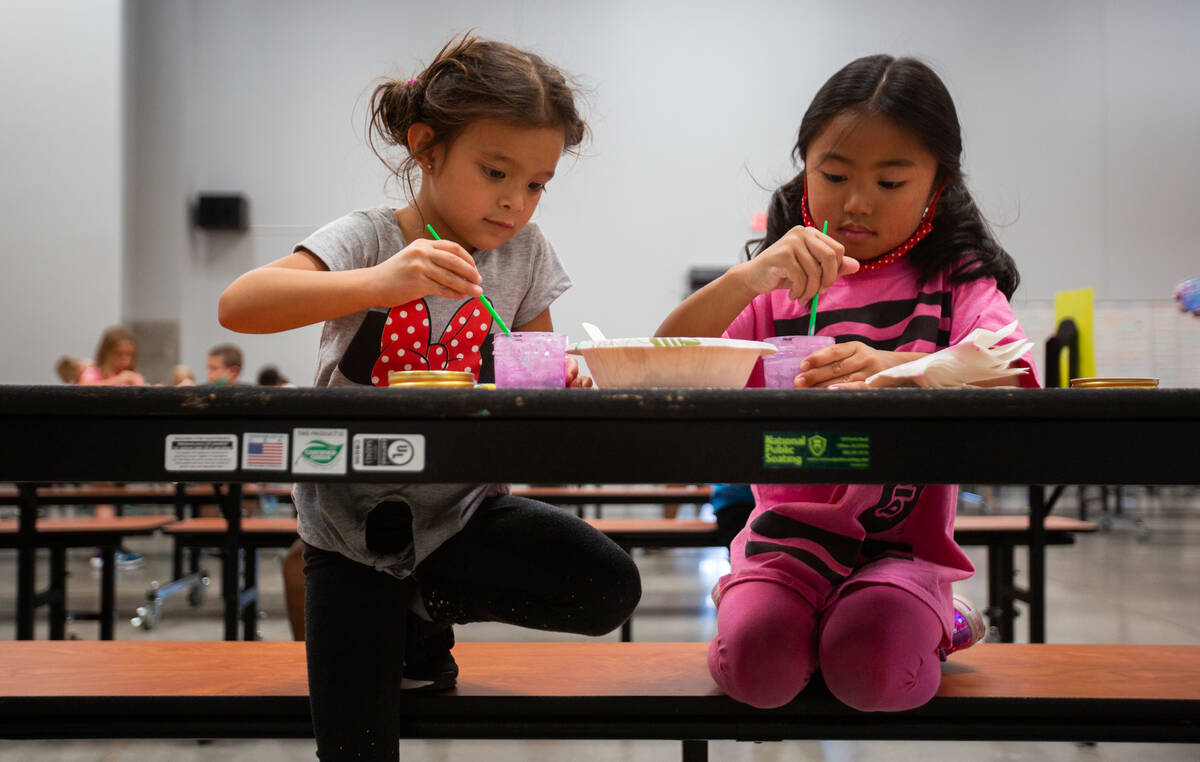The Clark County School District (CCSD) has reported a significant decline in student enrollment for the 2023-24 academic year, with numbers projected to fall below 286,000. This represents a stark contrast to the 2018-19 school year, when the district welcomed over 330,000 students. Current enrollment figures are the lowest since the 2004-05 school year, despite a growing population in Clark County, which has increased from 1.7 million in 2004 to over 2.4 million in 2024.
One of the driving factors behind this enrollment decline appears to be the rise of charter schools. These tuition-free public schools, managed by private organizations, have greater operational flexibility compared to traditional public schools. This flexibility, however, comes with heightened accountability; underperforming charter schools can be closed, a measure rarely seen in standard public schools.
The effectiveness of charter schools is underscored by their performance metrics. Data indicate that charter schools in Clark County consistently achieve better educational outcomes than their traditional counterparts. As a result, interest in charter schools has surged, with enrollment jumping 26 percent from the 2019-20 to the 2024-25 school years. Last year alone, over 64,000 students in Clark County chose this option, nearly matching the enrollment figures of the Washoe County School District, the second-largest district in the state.
Beyond charter schools, other educational alternatives are gaining popularity among families. The Institute for Education Policy at Johns Hopkins University estimates that approximately 6 percent of Nevada children were homeschooled during the 2023-24 school year, a figure that has more than doubled since the pandemic. Additionally, around 22,000 students attended private schools in Nevada last year. When combined, these figures suggest that over 100,000 students are now receiving education outside traditional public schools, marking a notable shift in the educational landscape.
This trend reflects a growing desire among families to find the best educational fit for their children, even if it requires additional time and financial investment. As families continue to prioritize educational quality, a broader conversation is emerging regarding school choice and state educational policies.
In light of these developments, the next logical step for policymakers would be to reconsider existing constraints on educational options. Gov. Joe Lombardo has advocated for expanding school choice, yet many Democratic legislators remain resistant to this approach, often favoring stricter regulations on charter schools. This ongoing tension highlights a significant divide in educational philosophy, with the potential to impact future policies affecting students across Nevada.
The current enrollment figures and the rise of alternative educational pathways suggest a pivotal moment for the Clark County School District and its stakeholders. As families seek out options that better suit their needs, the implications for traditional public schools, charter institutions, and overall educational policy continue to unfold.





































































